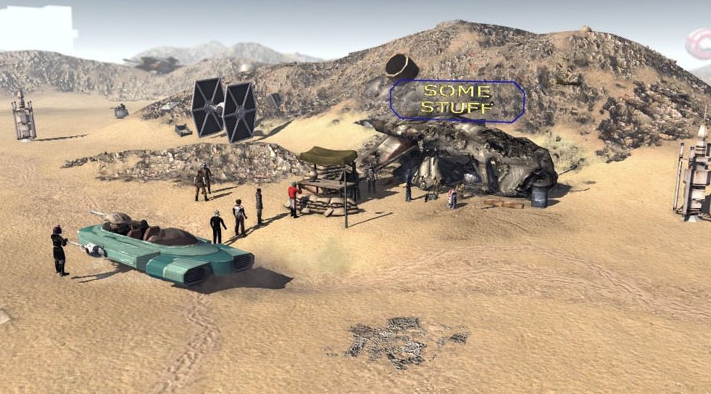

Eighteenth century armies had blunter words for such conduct.

A more generous generation may speak of post-traumatic stress. After losing at Kunersdorf in 1759, the king turned command over to a subordinate, grandiloquently declaring he would not survive the disaster. After the defeat of Kolin in 1757, he spent hours aimlessly drawing circles in the dirt with a stick, then left his army, explaining that he needed rest. Nor was his post-battle behavior such as to impress fighting men. In an age when physical courage was taken for granted in senior officers, Frederick twice left major battlefields-Mollwitz in 1741 and Lobositz in 1756-under dubious circumstances. Frederick carried grudges against entire regiments for decades. He insisted that common soldiers should fear their own officers more than the enemy, yet monitored his generals so closely that none could be trusted to perform independently. Yet that legacy is no less questionable: In a reign that stretched to 1786, Prussia’s military leader focused on drill and discipline, leaching the army of initiative and inspiration. The social contract of the Prussian state-service and loyalty in return for stability and protection-was broken.ĭespite such costs, Frederick always makes the short list of history’s great captains.

Provinces were devastated, people scattered, the currency debased.

As many as a quarter million Prussians died in uniform, to say nothing of civilian losses. For the next quarter century he confronted Europe in arms and emerged victorious, but at a price that left his kingdom shaken to its physical and moral core. Frederick II’s first act on assuming the throne of Prussia in 1740 was to take his state to war-a consequence, he later explained, of possessing a well-trained army, a full treasury and a desire to establish a reputation.


 0 kommentar(er)
0 kommentar(er)
